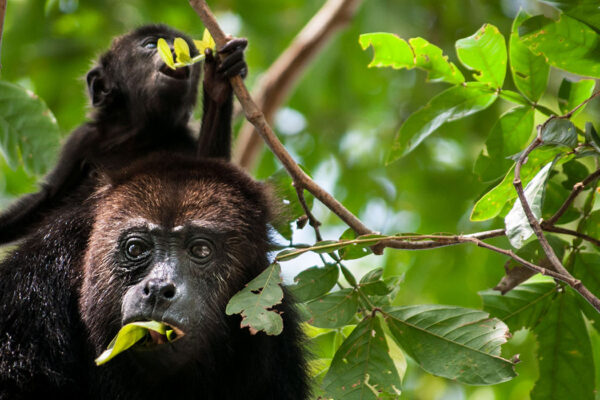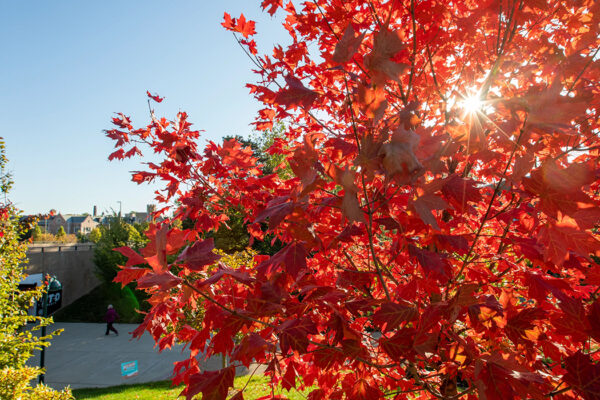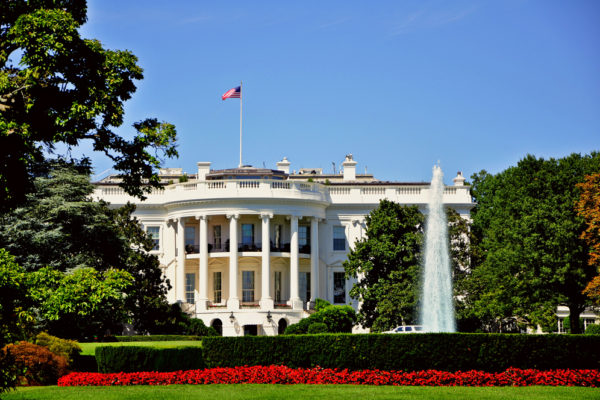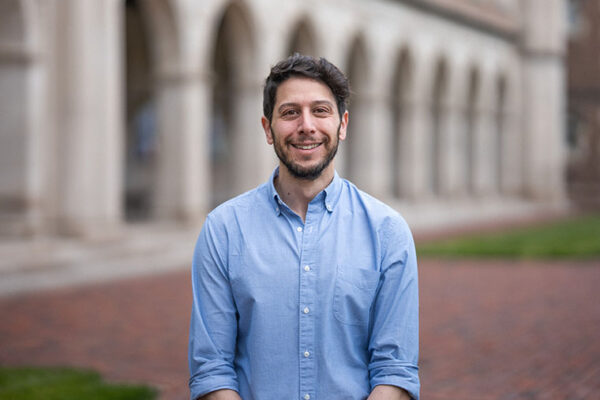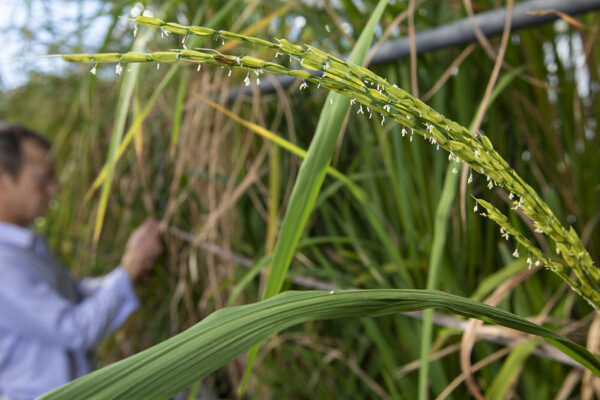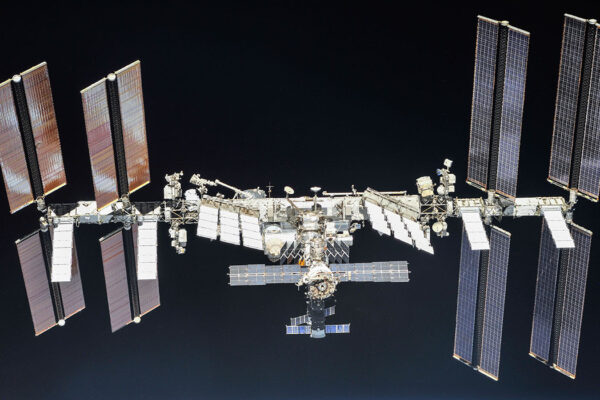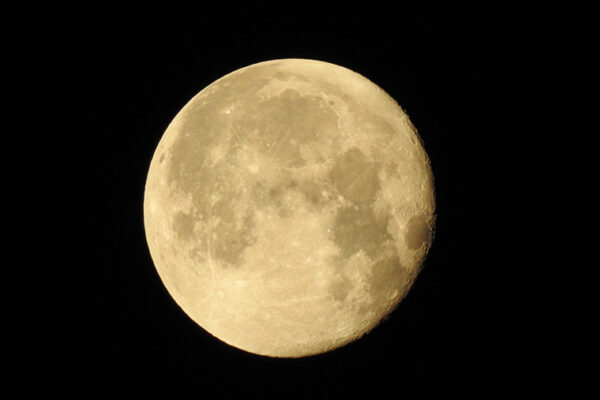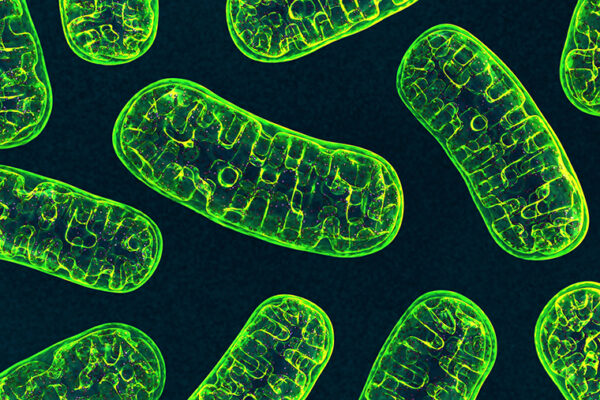Hidden microbiome fortifies animals, plants too
Pioneering research at Washington University helped people understand the fundamental role of gut microbes in human health and disease. Now a community of local scientists is learning more about the diverse microbial systems that support animals, plants and ecosystems.
No, autumn leaves are not changing color later because of climate change
Biologist Susanne S. Renner in Arts & Sciences explains why trees might actually be starting to turn red and yellow earlier, not later. Brilliant fall color might become a casualty of a warming world.
Bose participates in White House summit on American bioeconomy
Arpita Bose, in Arts & Sciences, attended a White House summit on biotechnology, along with representatives from government and the private sector. In her research at Washington University, Bose harnesses the power of microbes to create new biofuels and bioplastics.
Mathematician Stern to advance scientific computing methods
Ari Stern, associate professor of mathematics and statistics in Arts & Sciences, won a $237,648 grant from the National Science Foundation for a project titled “Structure-Preserving Hybrid Finite Element Methods.”
Weedy rice has become herbicide resistant through rapid evolution
Weedy rice is a closely related cousin of crop rice that aggressively competes with cultivated rice in the field. Scientists from Washington University and the University of Arkansas report that the crop pest has become widely herbicide resistant. The study highlights challenges facing U.S. rice farmers when they battle a weedy enemy that is closely related to a desirable crop plant.
TIGERISS roars toward space station spot
Physicists from Washington University in St. Louis are developing a new experiment as part of NASA’s Astrophysics Pioneers Program. Brian Rauch in Arts & Sciences is leading the effort, which will investigate the origins of heavy elements in the universe and has a $20 million cost cap.
Artemis launch brings us closer to space exploration goals
On Monday, Aug. 29, NASA plans to launch its Orion spacecraft from the world’s most powerful rocket for a trip around the moon. Lunar scientist Bradley L. Jolliff in Arts & Sciences explains why the Artemis mission represents the next great leap in human exploration of space.
Modified nucleotides used in COVID-19 vaccines work as designed
Biologists in the laboratory of Hani Zaher in Arts & Sciences examined the modified nucleotides used in COVID-19 vaccines. The modifications faithfully produce the protein products as designed, a welcome sign for future RNA therapeutics.
Sugar metabolism is surprisingly conventional in cancer
A study in Molecular Cell led by chemist Gary Patti in Arts & Sciences shows that cancer cells don’t want to waste glucose, they just consume it too quickly. The discovery was made possible with metabolomics, which allowed Patti and his team to observe the speed at which small molecules move through cells.
Seedy, not sweet
Biologist Susanne Renner in Arts & Sciences investigated the oldest known seeds from watermelon relatives. Her research team shared two new genomes of the ancient seeds and described how Neolithic humans in Libya likely used the seeds, not the bitter flesh, from the melons.
View More Stories
